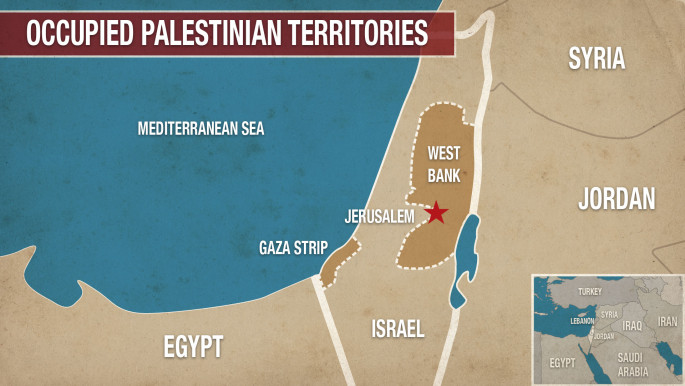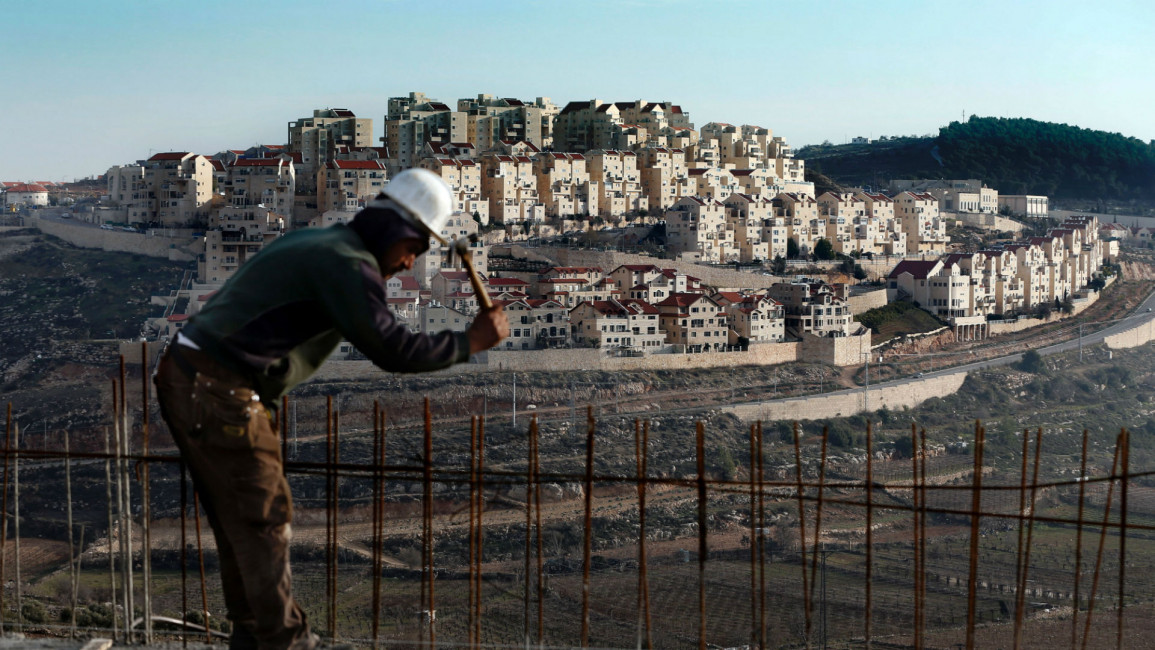Israel races to head off UN 'blacklist' of companies operating in settlements
Israel and the Trump administration are working feverishly to prevent the upcoming publication of a UN database of companies that operate in illegal settlements in the occupied Palestinian territories, fearing the blacklist could have devastating consequences.
In March 2016 the UN's top human rights body, the Human Rights Council, ordered the compilation of the database, calling on UN rights chief Zeid Raad al-Hussein to "investigate the implications of the Israeli settlements on Palestinians".
Israeli officials say that about 100 local companies that operate in the West Bank and East Jerusalem have received warning letters that they will be on the list.
Some 50 international companies, mostly American and European, have also been warned.
The companies have not yet been publicly identified but an Israeli official said the blacklist includes Israeli banks, restaurant chains, bus lines, security firms, supermarkets as well as international companies that provide equipment or services to build settlements.
"We will do everything we can to ensure that this list does not see the light of day," Israel's UN ambassador, Danny Danon, told The Associated Press.
 |
|
The only company to confirm receiving a warning letter has been Bezeq, Israel's national telephone company. The group's chief executive Stella Handler posted a copy of the letter sent by Zeid's office on her Faceook page in September.
It accused Bezeq of using West Bank land for infrastructure, providing phone and internet services to settlements, and operating sales offices in the occupied West Bank and East Jerusalem.
"The council's bias against Israel is so extreme that it has lost all relevance in the world," she wrote on social media.
"We will not cooperate with a move that is all in all anti-Israeli propaganda."
Hours later Handler removed the post, saying she had done so at the request of the government.
An Israeli official confirmed the government has asked companies not to speak about the issue. Bezeq declined comment.
Practical action against settlements
The United States has backed Israeli efforts to prevent the publication of the blacklist. In recent months the Trump administration has taken a tough line against the UN, withdrawing from the cultural agency UNESCO in October because of alleged anti-Israel bias
"We just view that type of blacklist as counterproductive," State Department spokeswoman Heather Nauert said recently.
Danon, the Israeli ambassador, accused the council of unfairly targeting Israel at a time of conflict throughout the world, saying it amounted to a "blacklist" of Jewish companies and those who do business Israel.
He also said it would turn the rights council into "the world's biggest promoter of BDS," an acronym for the Boycott, Divestment and Sanctions Movement — a grassroots international movement targeting companies complicit in Israel's occupation of Palestinian territory.
Senior Palestinian official Nabil Shaath welcomed the list, calling it an "important step" in moving from verbal condemnation to practical action against the settlements.
He expressed hope that it would lead companies to stop doing business with the settlements and even lead to sanctions against those that continue.
The original resolution calling for the list stipulates only that the council's high commissioner is requested "to transmit the data therein in the form of a report" to the council.
To that end, Israel and its allies have been encouraging the council to leave the list out and submit only a basic, broad-strokes report that doesn't name names, according to several UN diplomats familiar with the discussions.
The pressure campaign has shown some signs of success. After an earlier delay, Zeid's office said the release of the "report" has been pushed back again, from December to early next year.
Over 600,000 Israeli Jews now live in settlements in the occupied West Bank and East Jerusalem, making a contiguous Palestinian state virtually impossible.
Settlement building in the occupied West Bank and annexed East Jerusalem is considered illegal under international law.



